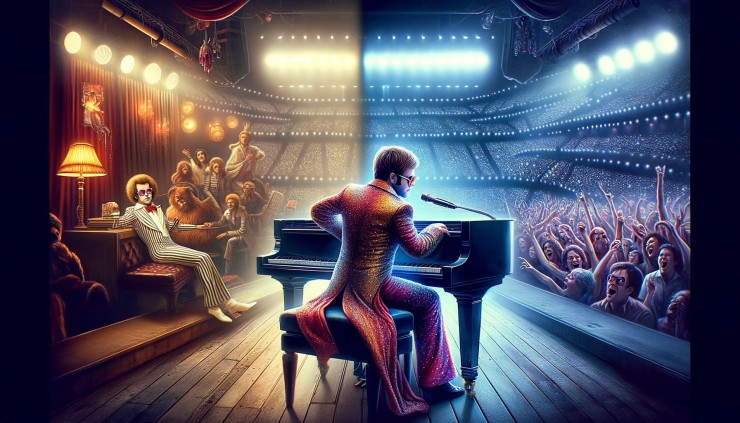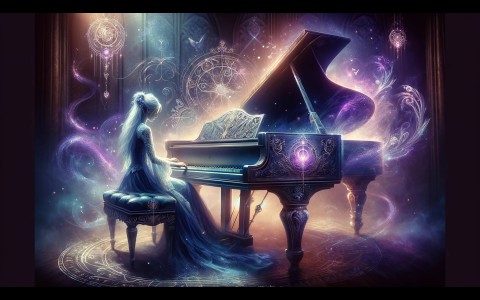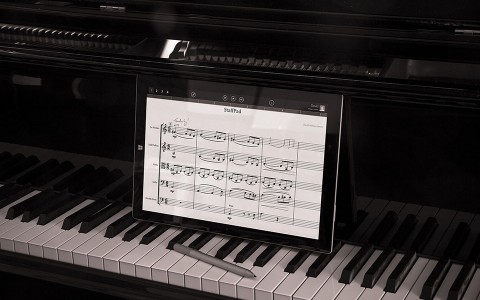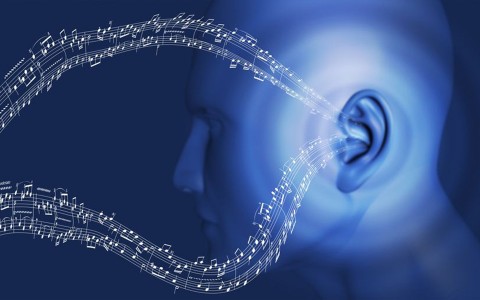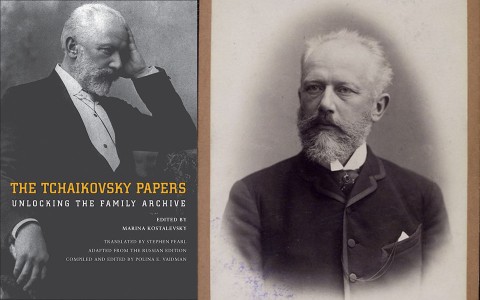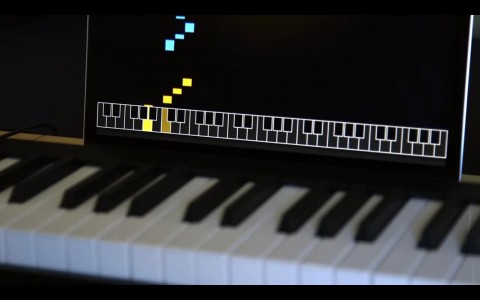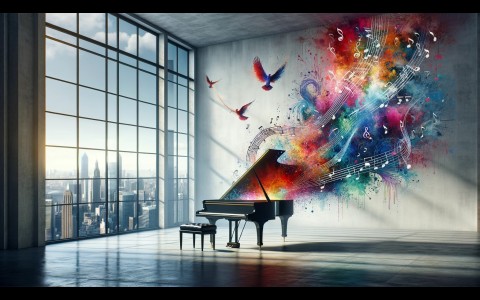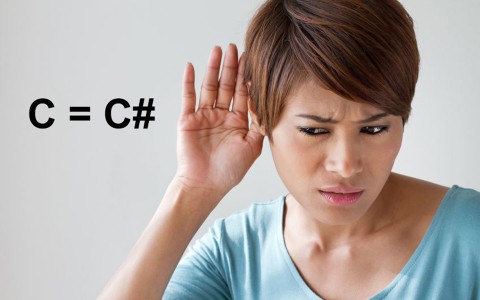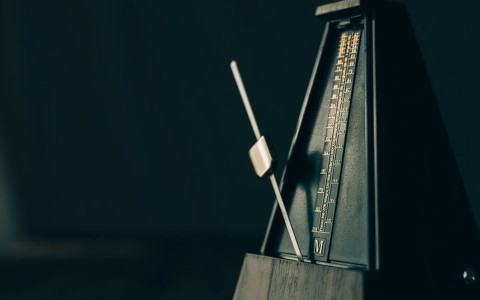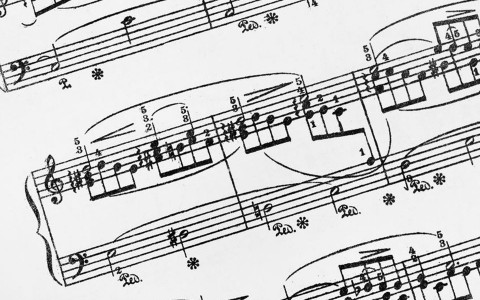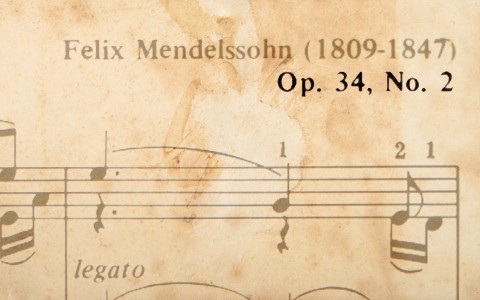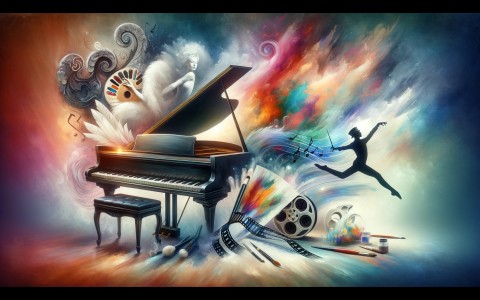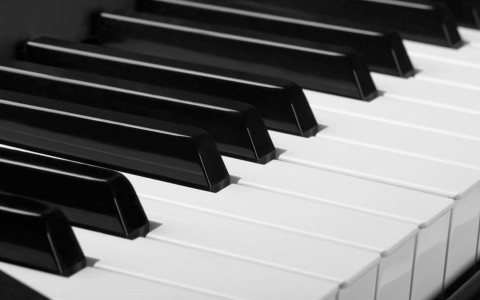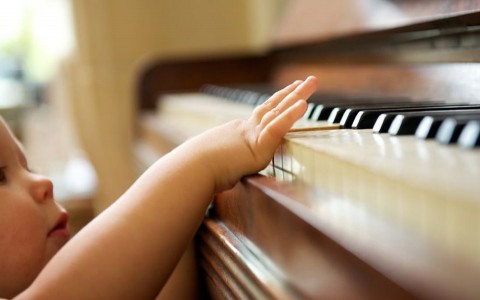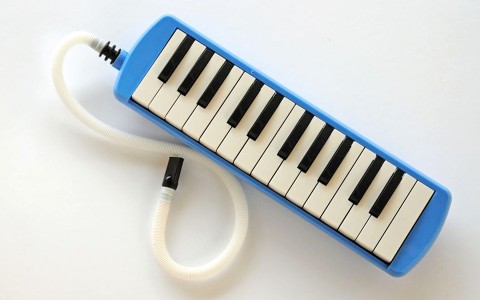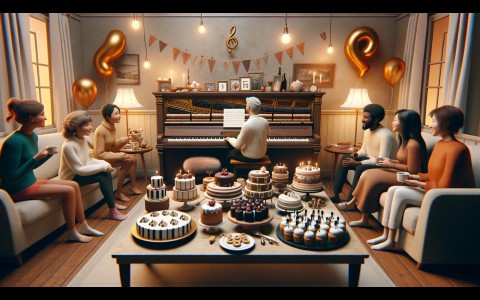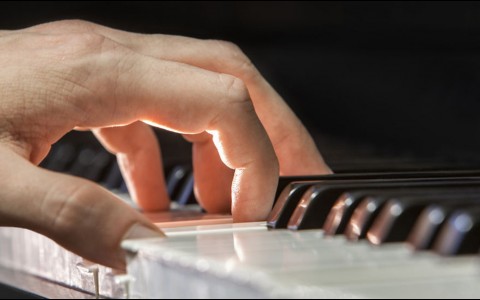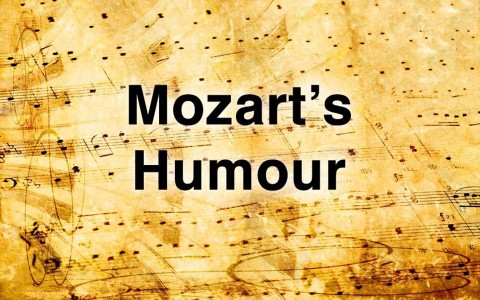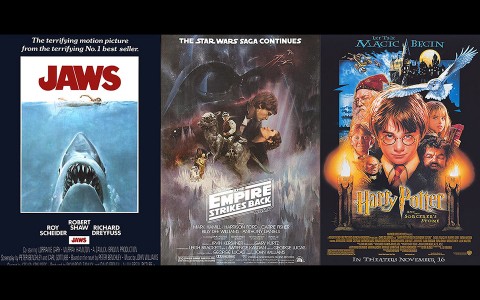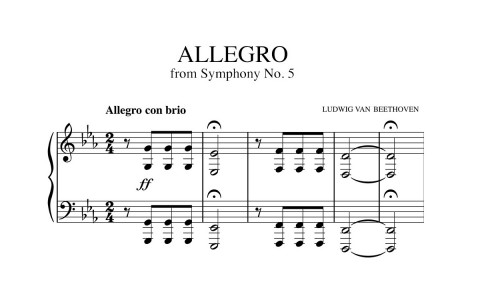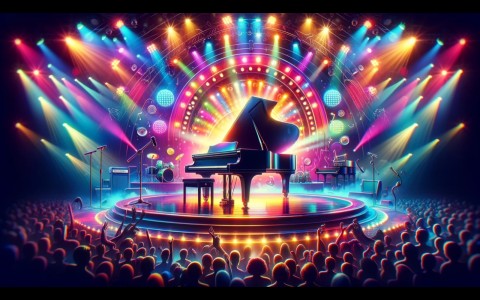Picture this: a vibrant, flamboyant figure seated at a grand piano, fingers dancing across the keys, igniting the air with melodies that transcend time. This is Elton John, a name synonymous with electrifying piano performances that have captivated audiences worldwide. From the dimly lit clubs of 1960s London to the sprawling stadiums of today, Sir Elton John's journey with the piano is not just a musical odyssey but a kaleidoscope of cultural evolution. We'll embark on a whimsical tour through the decades, exploring how Elton's piano playing has not only shaped his music but also transformed the very essence of live performances.
The Early Days: Clubs and Pubs
Elton John's relationship with the piano began in the smoky clubs and pubs of England, where his raw talent first flickered into the public eye. In these early days, his style was a mélange of rock, blues, and classical influences - a testament to his diverse musical upbringing. His ability to blend these genres seamlessly at the piano laid the groundwork for what would become his signature sound. Elton's early performances were intimate, allowing him to forge a deep connection with his audience, a skill that he would carry with him to the largest of venues.
The 1970s: Rise to Stardom
As the 1970s dawned, so did the era of Elton John, the superstar. His piano playing evolved from the backdrop of his songs to their heartbeat. Albums like "Goodbye Yellow Brick Road" and "Captain Fantastic and the Brown Dirt Cowboy" are replete with piano-driven tracks that showcase his prowess at the keys. His flamboyant stage outfits and theatrical performances became as iconic as his music, with the piano always at the center stage. It was during this time that Elton transformed from a musician into a performer, with his piano acting as his most trusted companion.
The 1980s and Beyond: Experimentation and Evolution
As the music landscape shifted in the 1980s, so did Elton's approach to the piano. He began experimenting with synthesizers and electronic keyboards, integrating contemporary sounds into his music. This period saw him venturing into more pop-oriented tracks, yet he never lost his foundational piano flair. His performances became larger-than-life spectacles, with the piano often morphed into extravagant pieces of art, reflecting his ever-evolving artistic persona.
Legacy and Influence
Elton John's piano journey is more than just a tale of musical evolution; it's a story of how one man and his instrument can leave an indelible mark on the world. His influence on piano playing and stage performance can be seen in artists across genres and generations. Elton has shown that the piano, often seen as a classical or jazz instrument, has an undeniable place in the world of rock and pop.
From the rhythmic tapping of a club's upright piano to the thunderous roar of a stadium grand piano, Elton John's journey has been nothing short of spectacular. His ability to constantly reinvent his piano style while staying true to his artistic roots is a testament to his genius. Elton John's piano journey, from clubs to stadiums, reminds us that music is an ever-evolving art form, and at the heart of this evolution, sometimes, is a single instrument and the artist who dares to explore its endless possibilities.
